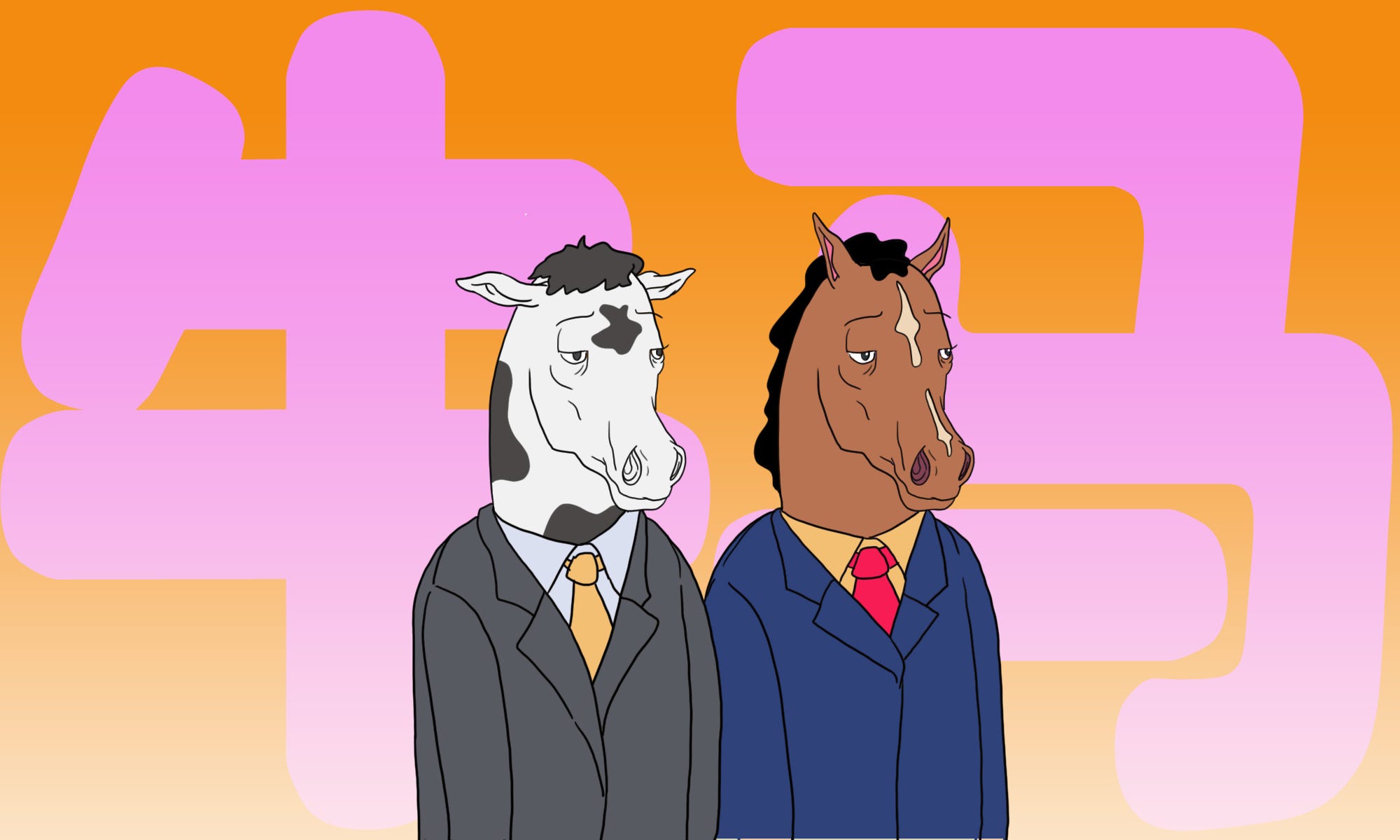Introduction
Like most kids my age, I am interested in gossip. I love listening to gossip, talking about gossip, learning about gossip. Because of my nature, my mom constantly calls me a “吃瓜群众“ or the melon-eating masses. This is the Chinese equivalent to the “tea sippers” in American slang. I love this phrase, because it shows that humanity is united by their thirst for drama. In addition, the emotes that are made from these are incredibly funny. Therefore, I wanted to take this post to talk about its origin, usage, and various examples.

Origin
The origin of the phrase is likely stemmed from a forum phrase “selling melon seeds in the front row”. This is similar to how sometimes in American chat rooms when something interesting is happening, people would say “giving out free popcorn” or “popcorn for sale here” to show that people are here to watch a show. Melon seed are much like sunflower seeds, an easy snack that people in China like to eat while talking or watching shows. This phrase was later shortened to “eating melons in the front row”. This caught on with netizens, as they started saying that they were “eating melons” whenever something dramatic would happen.

Usage
The phrase is often used to describe people who are merely there to “watch the drama”, not to make a judgement or to participate in the event unfolding. The melon eaters are not biased, but rather watching it almost like a movie, with an outsider’s perspective. Sometimes, they will take up the proverbial sword and provide thoughts and opinions about the matter or even spread information. However, they do it in a more detached sense, as they generally do not have a personal motive in the fight.
In this increasingly online world, everyone is both a spectacle and a spectator. Almost anything that someone does can be found online in a few clicks. This is especially true for Chinese people, who even pay with their social media accounts via Wechat. The speed at which c-nets go through drama is incredibly fast, especially online. For example, when news about Kim Soo-hyun’s misdeeds came out and he held his infamous interview, the Chinese netizens ripped him apart, from his dramatic crying to his hairline (possibly a toupe) to his water drinking. They dug up dirt about his past and all of his old photos and mannerisms. The information spread quickly in Chinese media and he quickly became a meme that everyone dunked on. While there was a lot of people who disliked him due to his alleged misconducts, a lot of people watched on from the sideline, merely amused by the memes that came out of it, or even adding their own fuel to the fire with more spin off posts or videos.

Chinese People and Watermelons
China is the biggest producer of watermelon by large. In 2018, they produced 79 million tons of it, while 2nd place Turkey produced only 3.9 million. In addition, most of that is eaten domestically, and the supply is often still too that China needs to import them from other countries. Despite the fact that Watermelons are a foreign product, Chinese people have been eating watermelons for centuries. Historians believe that watermelons arrived during the Five Dynasties period. It is commonly found in China and relatively inexpensive to purchase. Chinese people eat every part of the watermelon. Aside from the red flesh, they also cook the rinds like a vegetable and dry the seeds to eat as a snack. That is to say, melons are a highly beloved fruit in China, therefore making perfect sense for people online to adopt it in internet slang.
Watermelons or Watermelon Seeds?
There is some debate about whether the saying relates to watermelons themselves or watermelon seeds. Both are universally loved by Chinese people and often eaten when people meet up or watch shows. Some argue for one, others argue for the other, but there is no definitive proof about which one is right. The forum saying seems to relate to watermelon seeds. However, the imagery tends to depict watermelons themselves.
Children of the Melon-Eating Era
There is a popular book called “Children of the Melon-Eating Era” by Liu Zhenyun , which focuses on three different characters who are down on their luck for various reasons. One of them, a road official in charge of construction, was criticized by the “melon-eating masses” after a photo came out of him smiling while watching a bridge that he was in charge of collapse. They also dug up photos of him wearing expensive watches, which later came out as evidence that he was being bribed to save money on these projects, which resulted in death from the mismanagement of funds. In this scenario, the melon-eating masses are good people who revealed a corrupt official’s plot by being internet detectives. However, later in the book, when everything regarding the corrupt politicians in China has come to light, no one online is talking about it because new headlines about a celebrity having an affair with a Thai ladyboy was now taking their attention. In this case, the masses have now swung on the other end of political correctness, showing how these netizens do not actually care about the topics they are talking about, more so just moving from one entertaining topic to the next.
Conclusion
In the end, the melon eating masses is a byproduct of ever increasing usage of social media and the online world. Everyone has become more detached from the community, seeking shallow excitement from online strangers’ dramas. While they can be a bringer of good, they can also be a harbinger of evil. Everything is a the whim of the people, who are safe stuck behind the comfort of their screens.



























